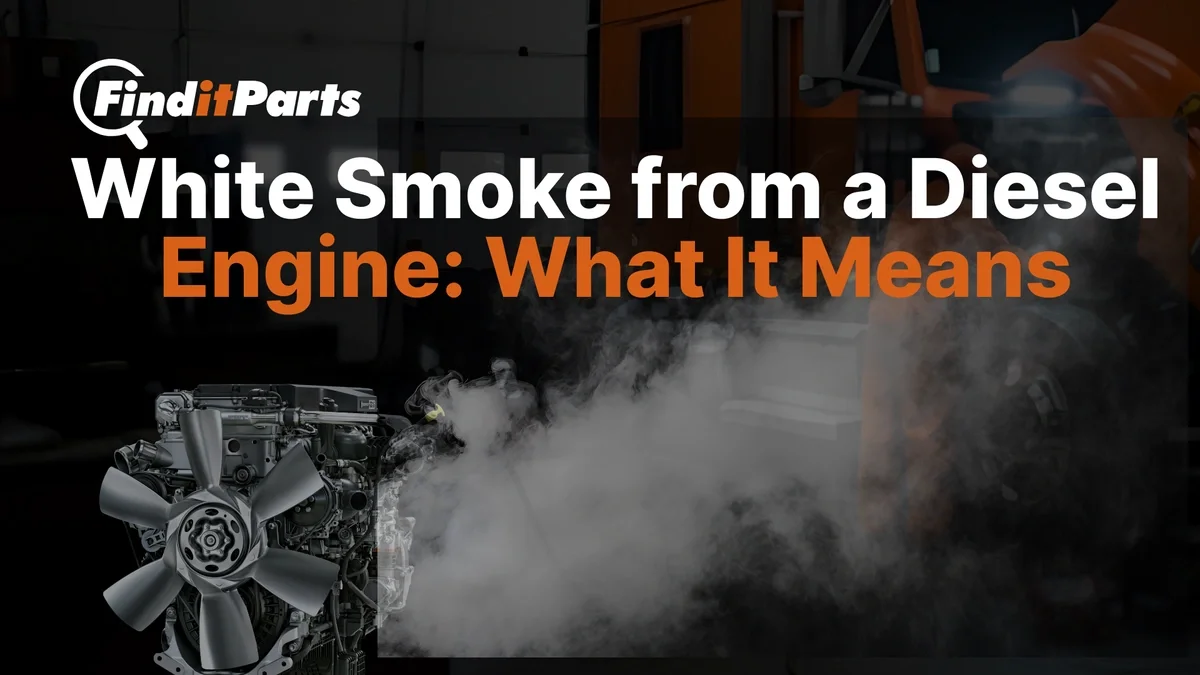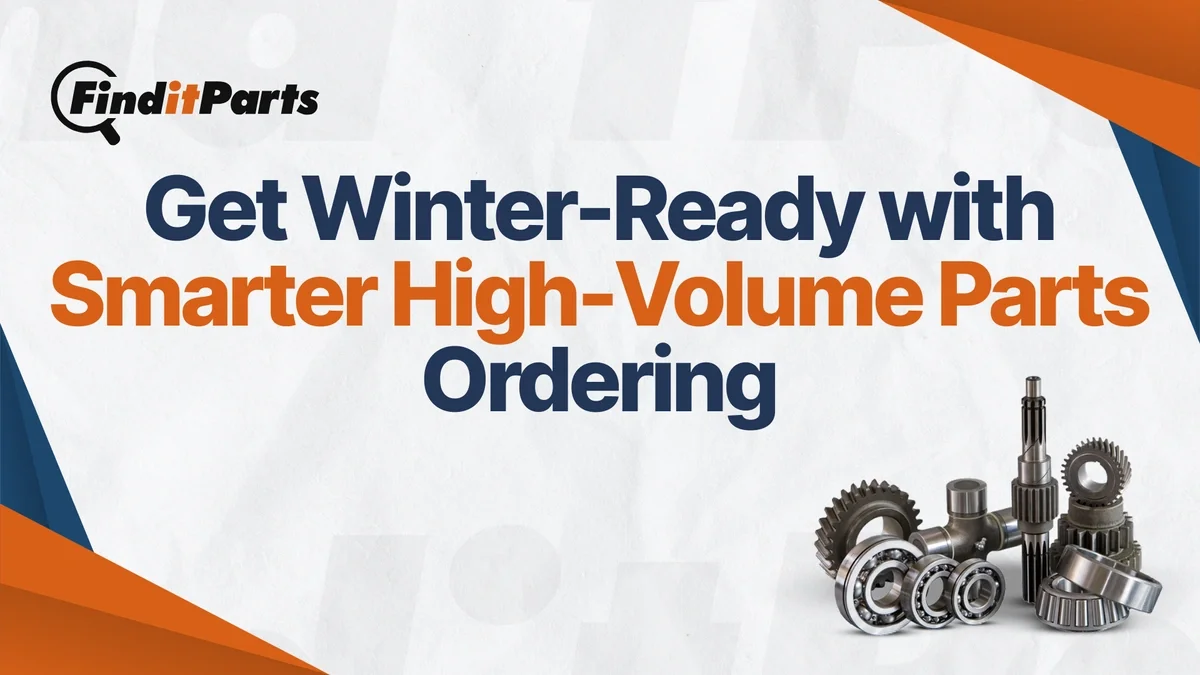Need help? We're here!
(888) 312-8812 Login SignupTruck Liftgate: Common Issues and Practical Maintenance Tips
April 05, 2021

Truck Liftgate: Common Issues and Practical Maintenance Tips
In any fleet or delivery business operation, time is an asset. But so is the worker's energy level. This is one of the reasons commercial vehicles and delivery trucks are fitted with a liftgate. This contraption significantly reduces the amount of energy needed when loading and unloading cargo or equipment to and from the truck's bed or cargo compartment. It helps save much of the crew's energy for the significant part of the operation. The liftgate also makes your loading operations safer and faster, increasing the fleet's overall efficiency. The liftgate, coupled with proper loading and unloading procedures, also reduces the risk of having damaged cargo or injured workers due to heavy lifting.
Signs that Your liftgate Needs Repair
Despite their advantages, liftgates are among the truck's often-neglected components. Every time they are in operation, liftgates are subjected to wear and tear. Good thing, liftgate issues are often fixable. And when they start to malfunction, signs are relatively easy to spot.
· Motor stops working
If the truck liftgate's motor fails to run, it may be due to a faulty motor solenoid or a broken switch or wire. If there's power reaching the motor but you do not hear a clicking sound, it may be time to replace the motor solenoid. But if the motor is getting no power, the culprit could be a broken wire or switch.
· Platforms/doors won't lower or raise
If this is the problem, your truck mechanic may need to look at different components. If the motor is running but the platform doesn't move, you may check your truck's batteries. A booster can be used to quickly find out if the reason for this problem is the battery or not. If there's power on the lock valve or lowering valve, you are more likely dealing with a faulty wire. If the valves are not getting any power, the problem could be traced back to a bad switch.
· Leaks from the hydraulic liftgate
Fluid leaking from the truck's hydraulic liftgate can be due to damaged lines, hoses, fittings, and/or cylinders. The mechanic can address liftgate leaks by properly tightening the fitting connections to the cylinders or the power unit. Any visible damage to the mentioned parts or the presence of residue around these connections may warrant replacement.
· Slow operation
If your liftgate is working too slow, you may check the hydraulic reservoir's fluid level. When the oil level goes down the acceptable range, the liftgate will struggle to raise to deck height. If the hydraulic fluid is still within an acceptable level, your mechanic will need to check the mechanism responsible for the liftgate's operation.
· Squeaking noise
Liftgates are designed to operate smoothly and with minimal noise, but unusual squeaking sounds may appear due to some issues. You can prevent this by applying lubricants that are specially formulated for liftgates. If the sound persists even after lubricant application, you are likely dealing with a more serious issue that only a pro should address.
Other common liftgate problems that should be checked by a professional mechanic for a more accurate diagnosis are:
· jerky or wobbly movement when operating the lift
· a platform that drifts down slowly when raised
· sagging doors or platforms even with small loads
· doors/platforms can't be fully raised or lowered
Helpful Truck Liftgate Maintenance Tips
With proper maintenance, you can expect your liftgate to deliver reliable performance and long service life. Below are some practical tips that will help keep your truck's liftgate working properly:
· Stick to the liftgate manufacturer's recommendations.
Every truck liftgate comes with the manufacturer's guidelines and recommendations on proper care, maintenance, and inspection requirements. Follow these suggestions, especially the intervals and frequency of performing preventive maintenance—even if the liftgate is working normally. If the liftgate is often used, the PM intervals can be shortened accordingly.
· Have a maintenance checklist for each liftgate.
Make sure to keep a maintenance checklist for every liftgate unit and create a consistent mode of recording. By doing so, it will be easy for you to identify recurring liftgate issues and come up with an informed decision when the time comes that you need to purchase replacement liftgate components.
· Educate and train users about proper liftgate operation.
Improper use of liftgates can cause damage to the liftgate or your cargo. Worse, it can even injure the operator or any person near it. Be sure to give your drivers, equipment operators, and crew enough training to operate the liftgate properly. Pay attention to the safety warning decals, making sure they are readable and in place. Also, avoid using the liftgate for other purposes than what it is made for.
· Perform daily liftgate inspection.
Require all your liftgate operators to do a visual and operational inspection of liftgates assigned to them every day. This way, you can be aware of any issues and have them addressed before they become more severe and cause costly repairs. Ask the operators to report any liftgate with problems and have the concerned unit scheduled for a mechanic check as soon as possible.
· Store the liftgate properly when not in use.
Operators of trucks and trailers should understand how vital a liftgate is to their business operation. You may not see it as one of the most important pieces of equipment in your warehouse or business headquarters, but it can draw the line between successful and failed cargo handling operations. When not in use, make sure to store the liftgate in the right place and in a proper position to extend its service life.
If your mechanic recommends that you now need to get a new truck liftgate or replacement parts to restore the liftgate to proper working order, you can Find it at FinditParts: With our vast number of sources and enhanced visibility into the inventory of distributors and manufacturers of OEM and aftermarket brands, you’re only a few clicks away from the parts you need. Need help? Our focus on service and support provides you with a repository of valuable information, customer facing technology including advanced cross reference capabilities, and technical specialists who assist in identifying and finding parts.
Related Reading:
Tips For Maintaining Box Truck Roll-Up Doors
https://www.finditparts.com/blog/tips-for-maintaining-box-truck-roll-up-doors
Finding The Right Part Is As Easy As PIES
https://www.finditparts.com/blog/finding-the-right-part-is-as-easy-as-pies
Commercial Vehicle Battery Testing & Maintenance: A Beginner’s Guide
https://www.finditparts.com/blog/commercial-vehicle-battery-testing-maintenance-a-beginners-guide



